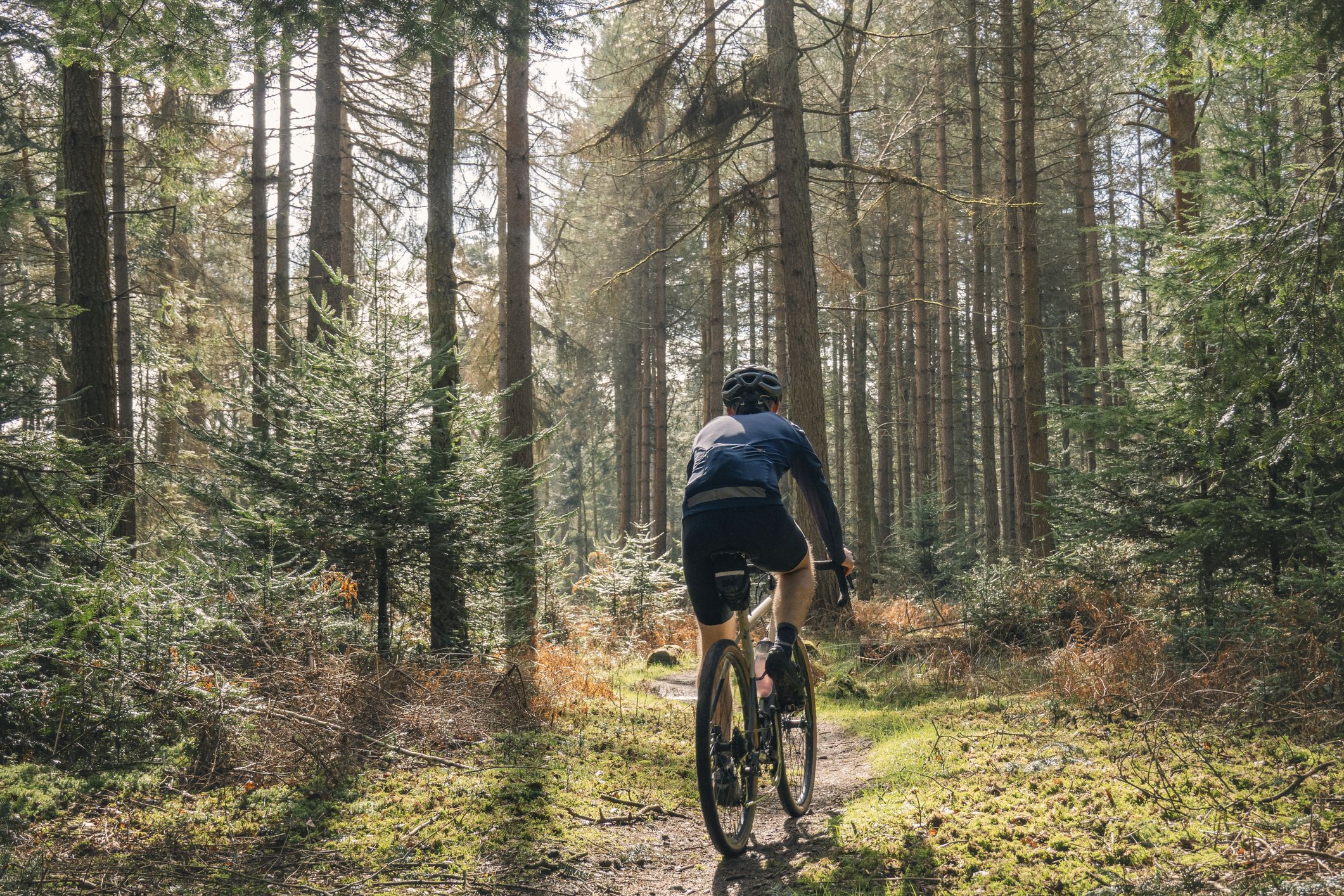- A recent study released in Character Opinions Clinical Oncology says that instances of most cancers (like of the breast, colon, esophagus, and far more) have been growing because 1990.
- Researchers feel this boost in cancer chance is similar to shifts in eating plan, lifestyle practices, excess weight, environmental exposures, and intestine overall health.
Incidence of some cancers is declining for older people—colorectal cancer, most notably. But there’s a troubling development for individuals who are less than age 50: greater cancer prevalence. And it’s achievable that the younger you are, the bigger your risk could possibly be.
A current examine published in Character Assessments Scientific Oncology notes that a dramatic rise in cancers of the breast, colon, esophagus, kidney, liver, and pancreas began in about 1990 and has continued to be a worry given that then.
Examining data on cancer diagnoses and individual ages, researchers located that each and every 10 years provides greater threat of creating most cancers later in lifetime. For case in point, people born in 1960 had a greater incidence of cancer at age 50 than all those born in 1950 when they turned 50. And people born in 1970 had better risk than all those in a 1960 beginning cohort.
Additional From Bicycling

In examining the info, scientists hypothesized that the increase in early-onset most cancers might be related to shifts in what is termed the exposome, which is comprised of food plan, way of living practices, pounds, environmental exposures, and gut wellness. All of these have seen substantial improvements in excess of the previous quite a few decades and every single has independently been linked to cancer outcomes, in accordance to study co-creator Shuji Ogino, M.D., Ph.D., researcher in the office of pathology at Brigham and Women’s Medical center in Boston.
“At both equally the personal and societal stage, there are a lot of suggestions we can get from this in terms of most cancers avoidance for youthful men and women,” he explained to Bicycling. These incorporate pursuing typical exercising, avoiding sugar and remarkably processed foods, cutting down liquor, protecting good oral cleanliness, practicing effective sleep behavior, obtaining proper vaccinations—especially for cancer-resulting in microorganisms like HPV—and not using tobacco. Persons need to begin all of these habits as early as doable,” explained Ogino.
Starting these behaviors early doesn’t imply in your 30s, Ogino extra. It is a lot more like your toddler times. “The early-onset cancer epidemic is because of to what food items, atmosphere, and way of life habits we acquired as children,” he mentioned. “Cancer challenges of our kids and potential generations rely on us. We believe it’s possible to reverse this development, but we need to have a good deal of effort and hard work.”
When we really do not have a time device to tweak your childhood patterns, It is not much too late to begin lowering your chance. And a very good beginning place is obtaining common training, direct writer Tomotaka Ugai, M.D., Ph.D., also in the office of pathology at Brigham and Women’s Hospital, explained to Bicycling.
“We think that bodily inactivity has a large effect on the rise of early-onset cancers, and earlier research plainly display that sedentary conduct is connected with improved chance,” he claimed, including that the hazard could be extra sizeable with other dangers stacked on top rated of inactivity, these kinds of as inadequate slumber, pollution effects, and typical consumption of remarkably processed meals.
Adopting healthier habits—and specially encouraging little ones and teenagers to do the same—could go a lengthy way towards altering the early-onset cancer pattern.
Elizabeth Millard is a freelance author focusing on overall health, wellness, health and fitness, and meals.










